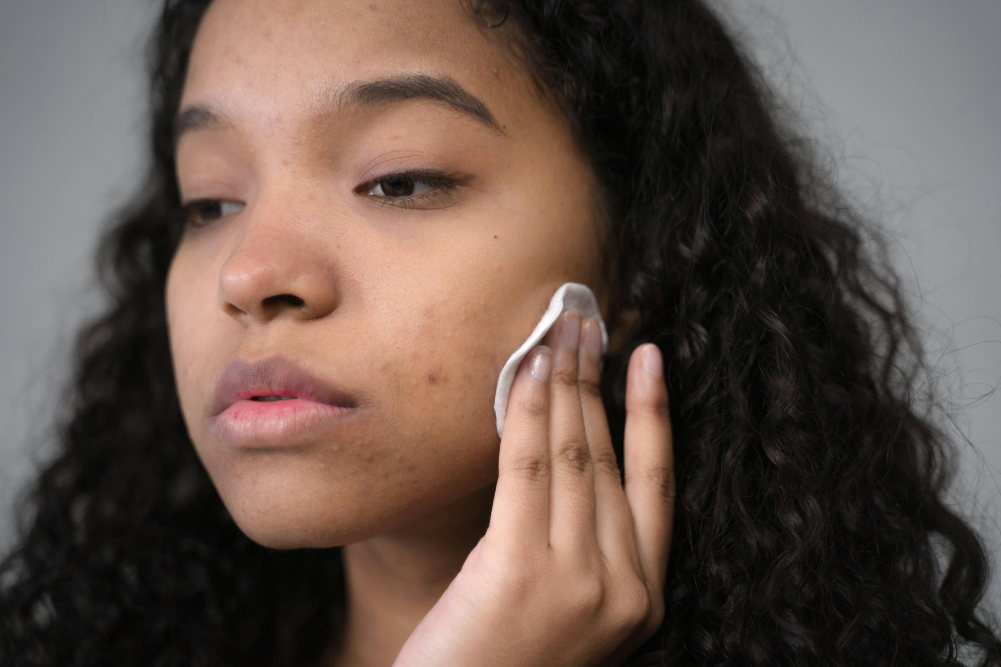How to help your child overcome bedwetting
According to the Continence Foundation of Australia, bed wetting, or “enuresis”, is relatively common affecting one in five children. It is generally defined as involuntary nighttime wetting in children 5 years or older. This is after ruling out any physical, nervous system or metabolic causes. Childhood diabetes, pelvic floor muscle instability or high anxiety are just some of the causes that need to be excluded.
When no “real” answers can be found for a child who regularly wets his or her bed, parents and caregivers are often left scratching their heads. Have you tried any of following in vain?
- Taking your child to the toilet before bed.
- Avoiding the consumption of liquids before bed.
- Relaxation therapy to “de-stress” your child.
One of the least productive things you could do is to blame or shame your child. Their social and mental wellbeing is already being challenged and they are looking to you to provide the necessary support and patience as they deal with this hurdle.
There are two underlying systems our bodies keep in balance at ALL times for its own survival and these may play a significant role in the persistence of bed wetting. These systems are:
- Acid : alkaline balance
- Oxygen : carbon dioxide balance
The acid : alkaline balance
One of the least productive things you could do is to blame or shame your child.
Our bodies must maintain a balanced blood pH of 7.4 under normal conditions. This is so critical to health that your body will sacrifice everything else it has to offer in order to maintain this control. When I say “everything”, I mean just that – including our bones! One case in point: a diet high in proteins (think meats and excessive milk consumption) without the buffering effect of vegetables and greens will result in calcium and other minerals being “pulled” from your bones to neutralise the acidity.
What factors affect your ability to control this delicate acid : alkaline balance? I have chosen to focus on four key factors:
- Your ability to eliminate acids from our body.
- The presence of heavy metals.
- The quality of diet.
- Your sleep quality.
Here is this information in a flowchart:
1. Ability to eliminate acids
There are four main methods our bodies use to eliminate acids: your skin, lungs, stomach and kidneys. If you look into popular “detoxing” diets and therapies, you will notice they will focus on one or all of these methods. Saunas, breathing retraining techniques, digestive aids and natural diuretics are some of methods on offer. When was the last time it was “cool” to perspire heavily in the office? Our ancestors had an active lifestyle where they sweated and were more physical!
2. Presence of heavy metals
I have discussed the problem of heavy metal accumulation in our bodies in several other blogs. The point here is that heavy metals block many of your body’s enzymes from working, creating an acidic environment for our bodies and this promotes inflammation.
3. Dietary factors in acid : alkaline balance
Sufficient intake of clean water during the day, a diet high in fibre and consumption of alkaline-creating foods is essential to acid : alkaline balance. If readers are unsure what an alkaline diet actually means, you can find out more by talking with a naturopath or reading online articles.
Why is it important to have a net alkaline diet every day? Here are just two benefits:
- Sufficient water and dietary fibre reduces constipation, which for bedwetters is a common finding.
- Excessive acid-forming foods and drinks will only make it harder to eliminate these acids at night – and increase urine production in an attempt to dilute the acids.
4. Sleep quality and acid : alkaline balance
Encourage your child to eat an alkaline-promoting diet and ensure they get plenty of water and fibre during the day.
Sufficient deep, quality sleep of sufficient duration is important because it anti- inflammatory and helps purge acids. It also promotes healing and growth. How much sleep is enough? Most sleep experts recommend a minimum of 6-8 hours per night. You may be interested to know that the average number of sleeping hours has steady declined since the 1960s. Prior to the 1960s, before home electrical lighting was common, we slept for an average of 8.5 hours per night. By the year 2000, this had dwindled to 6.5 hours. Is it possible that your child is getting by with 4 hours or less of sleep a night? I will leave this question for you to consider! Think modern entertainment technology and our “always on” society.
The oxygen : carbon dioxide balance
Equally important as balance of the acid : alkaline level in our bodies is the exchange of oxygen and carbon dioxide. Most cells in your body produce carbon dioxide as a waste product. The carbon dioxide gas is converted to carbonic acid in the blood to be eliminated. If breathing is normal then your lungs will effectively eliminate the acids. If breathing is impaired (consider sleep apnea, snorers or mouth breathers) then carbon dioxide accumulates.
When the carbon dioxide builds up, blood pH drops to pH 7.2, resulting in an array of patient symptoms and bodily dysfunction. The symptoms patients commonly report include drowsiness and confusion whilst asleep and on waking. This is an interesting finding as most “sleep experts” will inform you that bedwetters go into a “deep sleep” quickly and find it difficult to awake in time.

More acidic blood pH also relaxes the bladder muscles (which are a type “smooth muscle”) whilst constricting the walls of the blood arteries. This happens because nitric oxide is a potent relaxer of arterial blood vessels and is only released into the blood at night if breathing is not impaired.
The impact of this is like a sponge being squeezed at night. Your artery blood vessels remain tense and constricted whilst the bladder muscles are relaxed. This may explain why some children may wet their bed several times in one night.
In conclusion, here are some tips to help your child overcome bedwetting:
- Get your child assessed for any breathing issues at night. There are both dental and non-dental methods to improve breathing.
- Encourage your child to eat an alkaline-promoting diet and ensure they get plenty of water and fibre during the day. Consider also natural ways to boost nitric oxide production through better nutrition.
- Encourage them to be physically active and ensure they get at least 8 hours of sleep per night.










